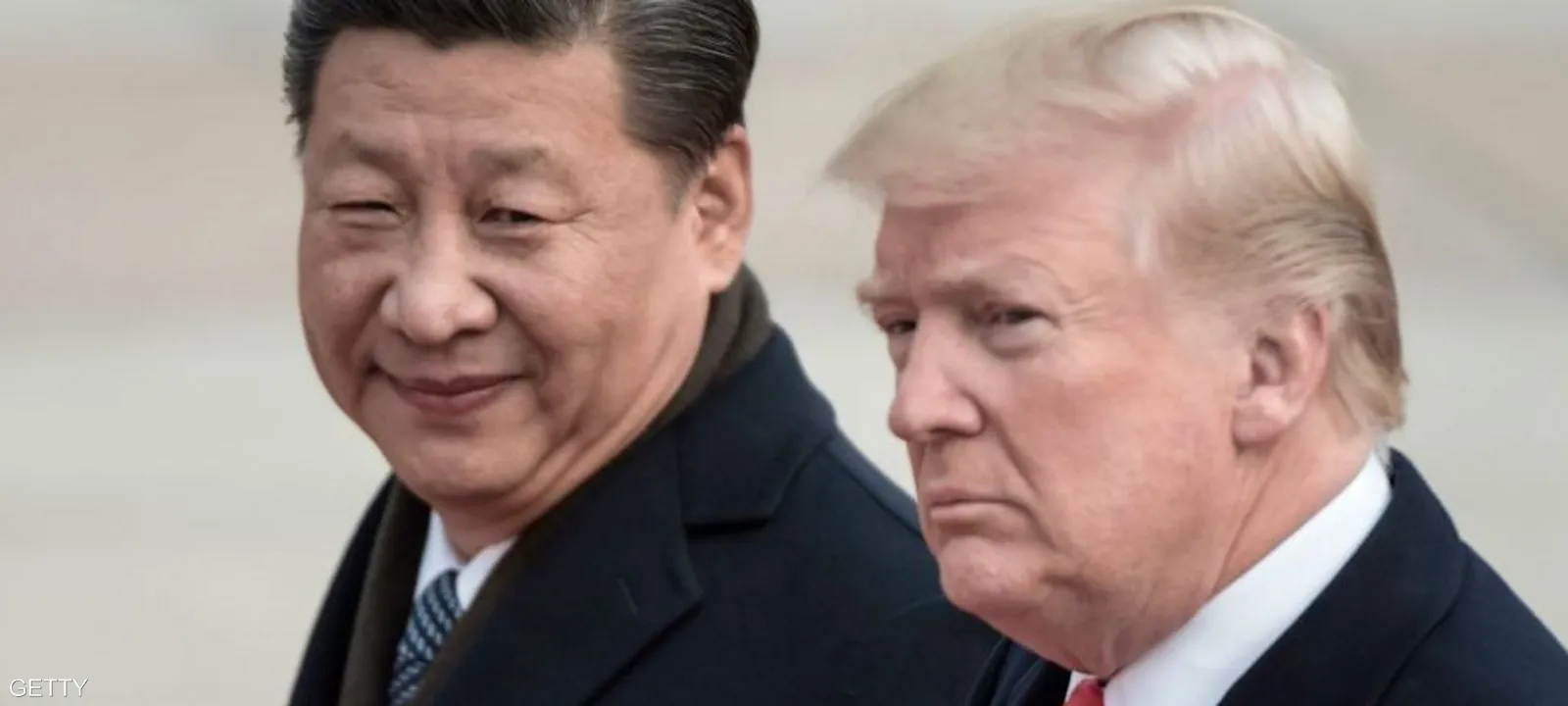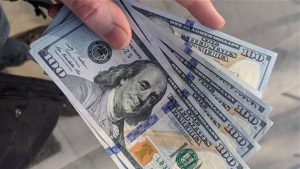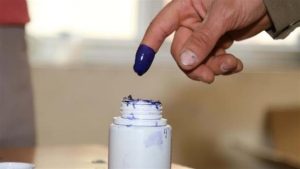On Tuesday, China’s Ministry of Commerce announced additional tariffs on a variety of U.S. products, in response to the tariffs that U.S. President Donald Trump imposed on Chinese goods starting today.
The ministry stated that it would impose a 15% tariff on imports of U.S. coal and liquefied natural gas products, and a 10% tariff on crude oil, agricultural machinery, and large-engine vehicles.
The ministry’s statement also highlighted that “the tariffs imposed unilaterally by the United States severely violate the rules of the World Trade Organization (WTO). Not only are they unhelpful in solving their own problems, but they also harm the usual economic and trade cooperation between China and the United States.”
It’s noteworthy that President Trump’s decision to impose a 10% tariff on U.S. imports from China takes effect today, threatening to reignite the trade war between the world’s two largest economies, as Trump punishes China for not halting the flow of illegal drugs.
Chinese Investigation into Google
In addition to the new tariffs, China’s State Administration for Market Regulation (SAMR) announced it would investigate the possibility of U.S. tech giant Google violating competition laws and anti-monopoly regulations. While the statement did not directly refer to the new U.S. tariffs being imposed on Chinese products today, it came shortly after these tariffs were put into effect.
Export Restrictions on Rare Earth Elements
Along with the new tariffs, China’s Ministry of Commerce announced immediate restrictions on the export of several rare earth elements, including tungsten, tellurium, bismuth, molybdenum, and indium.
The statement emphasized that the export restrictions, including on tungsten, aim to protect the country’s national security and interests, while also ensuring the safety and stability of global supply chains and manufacturing systems.
Last December, China escalated trade tensions with the U.S. by imposing a ban on the export of several raw materials used in technology and military applications. This came as a response to U.S. President Joe Biden’s administration imposing restrictions on the export of advanced technology to China.
Blacklisting U.S. Companies
In addition, China’s Ministry of Commerce added two American companies to its “unreliable entities” list: PVH Corp., which owns the Calvin Klein and Tommy Hilfiger brands, and Alon Technologies, a biotech company with offices in China. Companies on this list are prohibited from engaging in any import or export activities with China, or from making new investments in the country.
Trade War Background
During his first term in 2018, Trump initiated an intense trade war with China over its massive trade surplus with the U.S., with both countries exchanging tariffs on hundreds of billions of dollars worth of goods. This disrupted global supply chains and harmed the global economy.
To end the trade war, China agreed in 2020 to spend an additional $200 billion annually on U.S. goods. However, the plan was derailed by the COVID-19 pandemic, which widened the annual trade deficit to $361 billion in favor of China.
Oxford Economics has lowered its growth forecast for China, noting that the trade war is still in its early stages, and the likelihood of further tariffs being imposed remains high.
Trump’s Warning on Fentanyl
Trump has warned that he may increase tariffs on China even further unless Beijing stops the flow of fentanyl, a deadly opioid, into the United States. On Monday, he stated, “We hope China stops sending fentanyl to us, and if they don’t, the tariffs will rise significantly.”




















